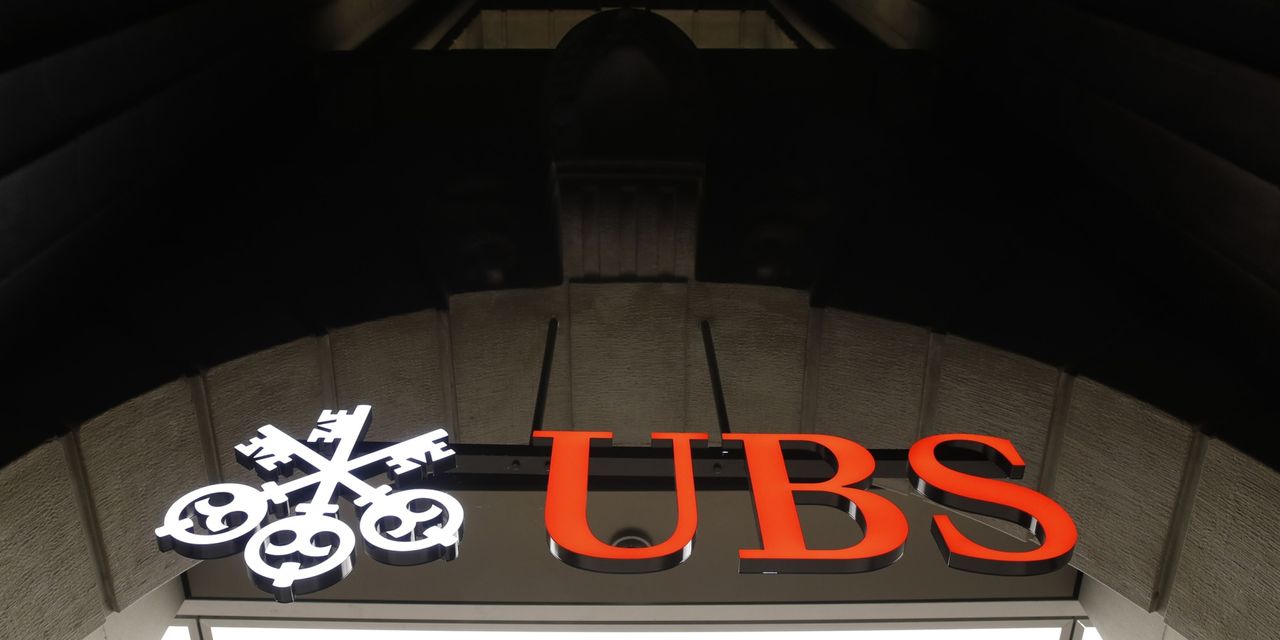UBS,
the Swiss bank that took over
Credit Suisse
in March, appears to be the biggest winner so far from the turmoil that has rocked bank stocks this year.
The company said it will book a $34.8 billion gain from the deal. That’s the difference in value between what UBS (ticker: UBS) paid for Credit Suisse and the value of its assets in the market–known as negative goodwill in accounting terms.
UBS joins
JPMorgan Chase
(JPM),
HSBC
(HSBC) and
First Citizens
(FCNCA) in being on the winning side of turmoil that also led to the demise of U.S. lenders Silicon Valley Bank and First Republic Bank. First Citizens booked an initial gain of $9.5 billion from buying
SVB
assets. JPMorgan recorded a one-time posttax gain of $2.6 billion at the close of its First Republic deal. HSBC saw a provisional gain of $1.5 billion from taking over the U.K. arm of SVB.
In an update of the merger prospectus on Tuesday, UBS also said it will also set aside $4 billion to cover additional legal and regulatory costs. It will also take various other charges and plans to write down almost $10 billion in assets that include Swiss mortgages.
UBS’s Swiss shares climbed 0.4%. Its American Depositary Receipts were up 0.5% in premarket trading.
Credit Suisse was forced to shut down by Swiss authorities after experiencing massive outflows of deposits and seeing its share price drop to record lows. UBS bought Credit Suisse in a deal brokered by the regulator, paying about $3 billion in shares for its rival and getting numerous loss guarantees from the state. The deal also wiped out some $17 billion in Credit Suisse bonds.
Write to Brian Swint at [email protected]
Read the full article here













